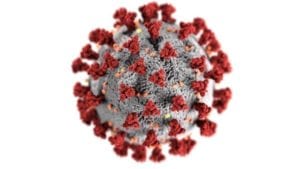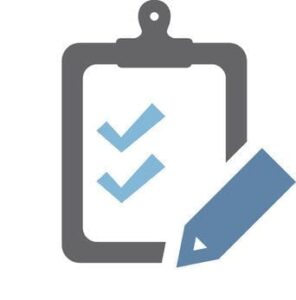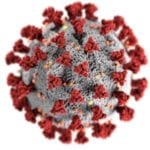Public health experts have emphasized the importance of vaccines since the very beginning of the COVID-19 pandemic. Vaccines give us the ability to inoculate large portions of the global population, which in turn stops the spread of the virus and allows us get back to some semblance of normal life.

The problem is that vaccines are only effective if people actually get them. The virus can continue to spread (and mutate) amongst those who have not received their shots, making it unsafe to mingle until we reach a critical vaccine threshold.
That’s why there’s been an increasing emphasis on vaccine passports in the past few months. Now that the vaccines are here, venues that want to support public health need a way to ensure that everyone is on the same page. Vaccine passports are well-suited to that purpose, and the debate around them is only going to intensify as jurisdictions like San Francisco and New York try to counter vaccine hesitancy with stricter vaccine requirements in public settings.
Of course, it can be difficult to sort fact from fiction given the amount of scaremongering and misinformation surrounding COVID-19. Many people who have been vaccinated may still be reluctant to use a vaccine passport app. So what is a vaccine passport, and should you be worried about putting one on your phone?
What is a Vaccine Passport?
At the most basic level, a vaccine passport is a digital version of a vaccine card. It is a credential that states that you have received your full round of COVID-19 shots, and are therefore less likely to have and spread the disease. You can then present that credential to prove that you are vaccinated (and presumably healthy) when entering a restaurant or another establishment, in much the same way that you would present a driver’s license at the checkout counter to purchase alcohol or some other restricted good.
Vaccine passports are novel only in the sense that you can store them on your phone rather than in your wallet. Since people carry their phones everywhere, a digital vaccine passport is less likely to be misplaced, making them more convenient for many consumers.
How Does a Vaccine Passport Work?
A vaccine passport will typically take the form of an app or a digital wallet. When you sign up, the app will ask you for proof of identity, a process that may include both a document check and some form of identity verification, such as facial recognition. In many cases, you may be able to complete that process remotely with the camera on a standard mobile phone, though the specifics will vary depending on the app you choose.

Once your identity has been verified, you will be able to go through the app to access and download your vaccination record from your healthcare provider. That record will then be stored offline in your wallet, so you will still have access to the document even when you do not have an internet connection.
Who Makes The App?
That depends. Some vaccine passports – such as CLEAR’s Health Pass and Daon’s VeriFLY – are developed by private companies that liaise with other public and private stakeholders in the healthcare industry. Others – like Northern Ireland’s new CovidCertNI app – are provided directly by the government. Both kinds of apps function in a similar matter, and can be equally secure, assuming that the app is built in accordance with the latest cybersecurity best practices.
Are Vaccine Passports Safe to Use?
As with any digital service, you will likely need to share some personal information when downloading a vaccine passport, so you do need to trust your provider to keep that information safe. In that regard, getting a vaccine passport is no different from opening a bank account or signing up for a rewards program, and in the case of government apps, you may only be sharing information that the government already has on file.
Meanwhile, a well-designed third-party app will protect your personal information, and will not share it with other parties. Any digital platform can be vulnerable to cybercriminals, but vaccine passports are ultimately just as safe as many of the other services you are already using.
Does This Violate My HIPAA Rights?
In a word, no. HIPAA laws (and their international equivalents) prevent doctors from sharing your personal information without your consent. The do not place any such restrictions on what you tell people about yourself. In the case of a vaccine passport, you are downloading your own health record, and you are voluntarily choosing to present it to gain access to a specific venue, or in exchange for a specific service. Those venues are also allowed to set their own health policies and deny service to those who do not meet those requirements.
Having said that, it is worth noting that many vaccine passports will give you more privacy than more conventional IDs. A driver’s license, for example, will often include details like your address in addition to your date of birth, all of which are visible when you present your card.
A vaccine passport, on the other hand, can simply state whether or not you have received your vaccine, and fulfill the binary yes/no requirement. It will not necessarily tell the other person when or where you were vaccinated, or reveal any other identifying details from your private life. The credential itself can usually be verified with a QR code or some other form of scan, which lets the other party know that it is authentic even in the absence of other data.
With that in mind, vaccine passports are an extremely convenient and effective way to ensure a safe and healthy recreational and/or professional environment. No app will be perfect, but vaccine passports can be an integral part of the global recovery, and make us feel more comfortable now that we’re finally able to see one another face-to-face.
–
August 16, 2021 – by Eric Weiss







Follow Us